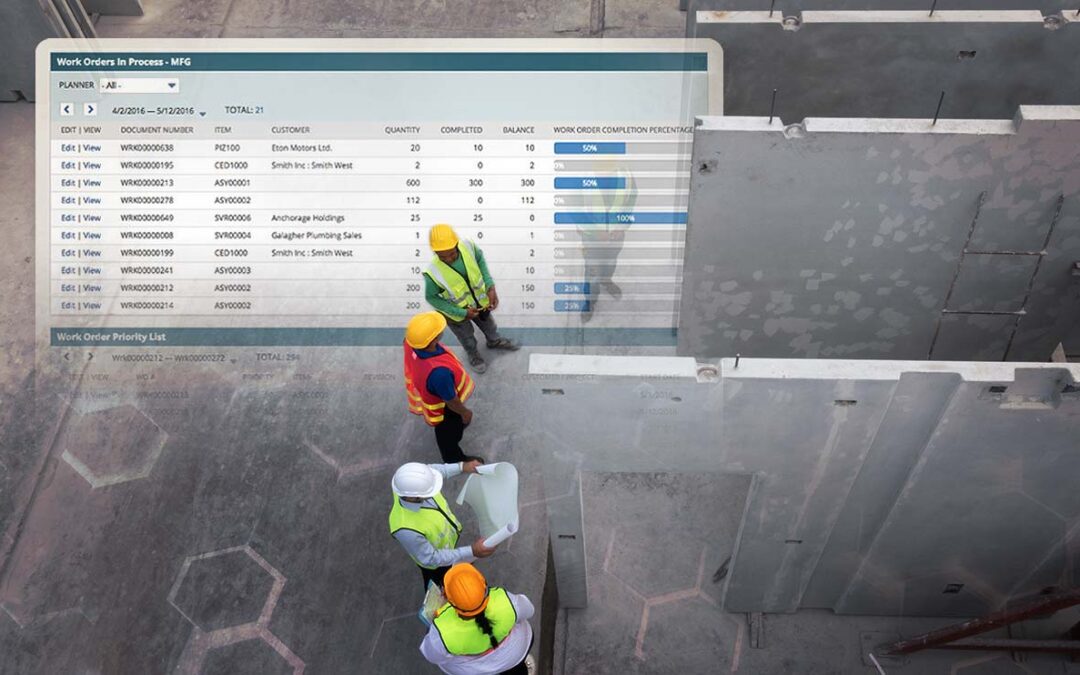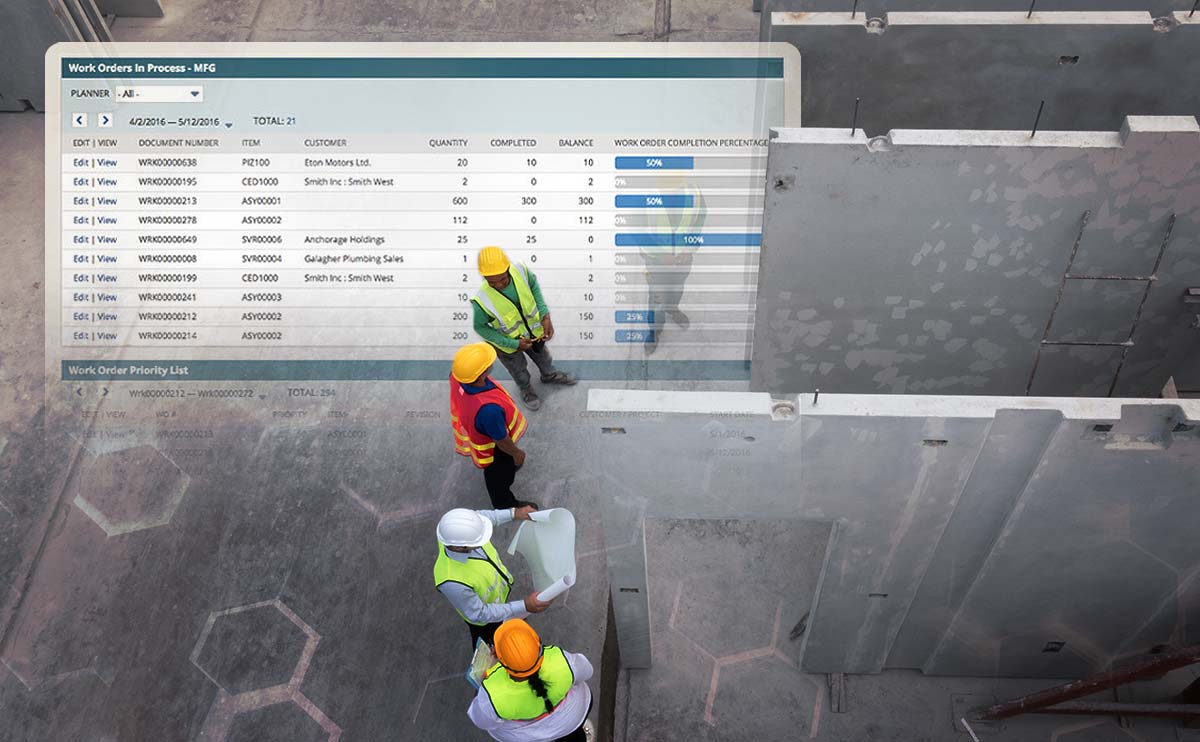
ERP: why security and surveillance distributors need to know about it?
Technology has changed how we work, how we learn, how we’re healed and how we entertain ourselves. All at breakneck speed.
This technology revolution hasn’t spared the security and surveillance industry. Innovations such as UHD (ultra-high-definition), multi-dimensional perception, cloud technology, thermal imaging, combined radar/camera integrated surveillance technology, audio sensors and artificial intelligence have generated radical changes in how we ensure the safety and security of the things we hold dear.
But along with greater capability comes greater complexity. This has generated a demand for integrated field service software systems that handle maintenance, invoicing, HR and inventory management in an efficient and cost-effective manner.
Why is an effective ERP system with field service capabilities an essential tool for security companies?
ERP (enterprise resource planning) systems are software packages designed to integrate key components in business operations. They typically include product management, financial management and customer relationship management (CRM).
The addition of field service management capabilities provides security companies with the necessary tools to enable the efficient scheduling of technician and contractor assignments for surveillance system repairs or installation.
An ERP that includes field service management software also enables security guard management and tracking, including the ability to create efficient shift rosters that maximise productivity while minimising waste.
In addition, inventory management tools help security companies automate the need to catalogue, store, distribute and re-order the multitude of parts and equipment required by sophisticated security technology.
Administrative functions such as invoicing are processed by ERP software in a seamless cost-effective manner. Timely billing contributes to a positive customer experience, and the right field service management capabilities empower field technicians to submit required information, including before and after photos and customer signatures, fully and promptly with no duplicate data entry required.
These systems are also on the cusp of innovations that will propel software for security companies to a new realm of efficiency and effectiveness. Systems integration through the “internet of things” (IoT), machine learning, predictive data analysis through algorithmic artificial intelligence and cybersecurity will radically reshape the capabilities of the security industry.
As Australia’s leading Oracle NetSuite solution provider, Klugo has partnered with Next Technik to provide NextService, a cutting-edge field management software system built on the NetSuite ERP cloud platform.
NextService integrates seamlessly with Netsuite and addresses the most challenging aspects of field service work within the security industry. It provides complete field mobility, including scheduling, dispatching, asset and inventory management, invoicing and much more on a single integrated cloud-based platform.
As these revolutionary technologies reshape security industry management software, the NetSuite + NextService ERP package will keep your company ahead of the curve – and ahead of the competition.
Contact us to discuss how we can help your company utilise these cutting-edge technologies and deliver world-class service to your customers.
We offer a number of resources to help companies navigate this process. Consider what Klugo can do for security and surveillance distributors and installers ready to reach the next level.
About Klugo
NetSuite + NextService
Klugo’s vision is to unlock the full operating potential of our customers to maximise the value of their business. We do this by helping our customers achieve operating excellence using NetSuite + NextService, the world-leading cloud ERP and FSM business platform for small-to-medium-sized businesses.
Need a specialist’s free advice?
Feel free to call an expert in operational excellence today. Find out how cloud-based technology can support and quickly adapt to your growth strategies.













